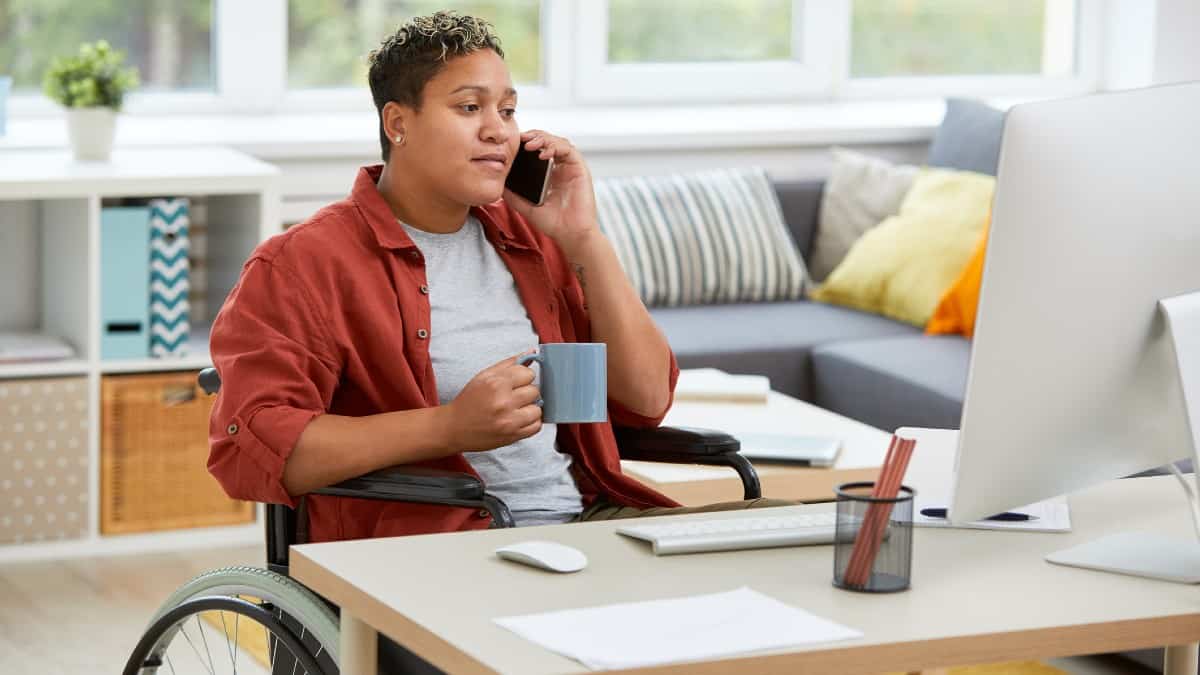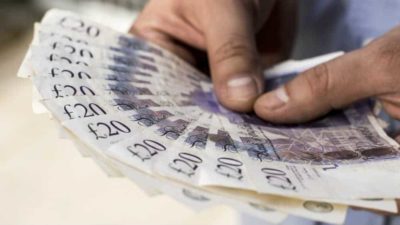You can work and claim Universal Credit at the same time. But if you’re on a budget, it’s a good idea to work out how much you can earn while on Universal Credit. Let’s take a closer look.
How do earnings affect my payments?
The way in which your Universal Credit payments will be affected will depend on whether or not you receive a work allowance.
When you don’t get a work allowance
Your payments will be reduced gradually depending on how much you earn. There is no limit to how many hours you can work. It’s your earnings that are important.
If you are on Universal Credit but you don’t have a work allowance, your payment will be reduced by 63p for every £1 you earn. So, your income from work and Universal Credit combined will be more than from Universal Credit alone.
When you get a work allowance
A work allowance will allow you to earn a certain amount before your Universal Credit is reduced. You will be entitled to a work allowance if you have the following:
- Responsibility for a child or young person
- A disability or health condition that affects your ability to work
If you get help with housing costs, you can earn up to £293 per month without any reduction in your Universal Credit payments.
If you don’t get help with housing costs, you can earn up to £515 per month without any reduction in your Universal Credit payments.
[top_pitch]
What if I earn more than the work allowance?
The Universal Credit reduction will be made on the amount greater than the work allowance.
So, for a person on Universal Credit with a work allowance of £293 per month that is earning £500 per month, the reduction will be made on £207 (£500 – £293 = £207).
For every £1 earned, Universal Credit will be reduced by 63p. So the total reduction will be £130.41 (207 x 0.63).
What about couples?
If you are married or in a civil partnership and receive a joint Universal Credit payment, your combined earnings will be taken into consideration when working out how much Universal Credit you will get.
Can I get Universal Credit when self-employed?
Yes, you can, but how much you can earn on Universal Credit will be dependent on your circumstances and earnings.
If you are receiving a grant through the Self-Employment Income Support Scheme (SEISS), then this will be treated as earnings. If you receive tax credits, then this will stop when you apply for Universal Credit, and it will not be possible to make a new claim for tax credits in the future.
It is worth checking to see whether other benefits might be more suitable if you are self-employed. Further information is available from the Universal Credit website.
[middle_pitch]
When do Universal Credit payments stop?
As your earnings increase, your Universal Credit payments will fall. Depending on how much Universal Credit you receive, there will be a limit on the amount you can earn while claiming Universal Credit. Once you reach this limit, your Universal Credit payments will stop and you will be notified.
Can I begin claiming Universal Credit again if my earnings fall?
Yes, you can, but how you claim will depend on the period of time since your last payment. The criteria are as follows:
- If you received your last payment within the previous six months, you can restart an old claim.
- You will have to make a new claim if you received your last payment more than six months ago. In this situation, you will have to wait around five weeks before receiving your first payment.
You can restart an old claim or make a new claim by signing into your Universal Credit account.
Where can I go for more information?
For further information, check our article on Universal Credit. If you want to work out how much you can earn on Universal Credit, check out the government’s benefits calculators.







